Duc Long Gia Lai Group Joint Stock Company (DLG) has just announced the decision of the High People's Court in Da Nang on November 10 regarding the acceptance of the case and cancellation of the previous decision to open bankruptcy proceedings by the Gia Lai Provincial People's Court against the enterprise.
Previously, on April 26, Lilama 45.3 Company filed a petition to open bankruptcy proceedings against Duc Long Gia Lai because it could not collect a debt of nearly 15 billion VND. Gia Lai Provincial People's Court accepted the file and approved the opening of bankruptcy proceedings against the Gia Lai Mountain City Company.
According to the latest request, Duc Long Gia Lai said that it is not insolvent and not bankrupt. The case has just been decided and the amount to be paid is very small, the company is also negotiating and planning to pay the debt to its partners.
The mountain town enterprise had made a transfer order of 500 million VND on June 14 and 400 million VND on June 29 but failed because Lilama 45.3's account was suspended at that time. After the decision to open bankruptcy proceedings was made, Duc Long Gia Lai continued to transfer a total of 4 billion VND in October and November and committed to a payment schedule according to civil judgment enforcement procedures.
According to the High People's Court in Da Nang, this is a new detail proving that Duc Long Gia Lai is not insolvent, has not gone bankrupt and has good will to pay its debts. Therefore, this agency annulled the first instance judgment of the Gia Lai Provincial People's Court to create conditions for the enterprise to exercise its legal rights and obligations in business.
The predecessor of Duc Long Gia Lai was a wood factory established in 1995, specializing in wood processing for domestic consumption and export. The factory was originally located on a 9,700 m2 plot of land and had a semi-automatic manual wood processing line.
After nearly 30 years of operation, this mountain town tycoon has developed into a multi-industry corporation with traditional sectors such as wood, granite, mining, bus stations, hotels... to new sectors such as real estate, energy, electronic components, traffic infrastructure...
The company recorded its peak in business during the period 2015-2018 and began to decline in recent years. The business faced many serious challenges, typically the huge loss of 930 billion VND in 2020 or the loss of nearly 1,200 billion VND last year.
The Group has also not paid off most of its maturing loans, including bonds, bank loans and other loans. This has led to the existence of a material uncertainty that may cast doubt on the Company's ability to continue as a going concern.
The situation seems to have improved somewhat in the first 9 months of 2023 when the company recorded a profit of 50 billion VND (in the same period last year, it lost 380 billion VND), despite the revenue scale still shrinking by nearly 30% to about 510 billion VND.
However, this result is still a drop in the ocean because the mountain town company still has an accumulated loss of more than VND2,000 billion. Total liabilities reached nearly VND4,600 billion, mainly financial loans.
In a written explanation in September, Duc Long Gia Lai admitted that the enterprise encountered temporary financial difficulties due to being heavily affected by the COVID-19 pandemic from 2020-2023, the global economic crisis, and increased inflation due to the prolonged Russia-Ukraine conflict.
However, the company's leaders said they are still effectively overcoming the situation, organizing normal production and business activities, creating jobs for workers, fully paying the budget and being responsible to shareholders, investors and customers.
Accordingly, Duc Long Gia Lai is a listed company with nearly 50,000 shareholders and operates normally according to the law, has assets of about 6,000 billion VND and financial resources sufficient to pay debts to partners. The debt of Lilama 45.3 accordingly accounts for less than 0.3% of the group's assets.
The Da Nang High People’s Court found that the Gia Lai Provincial People’s Court’s decision to open proceedings in October was well-founded. However, the court of first instance at that time did not convene a meeting to examine the grounds proving the company’s insolvency and did not hold a meeting for the two companies to negotiate debt settlement.
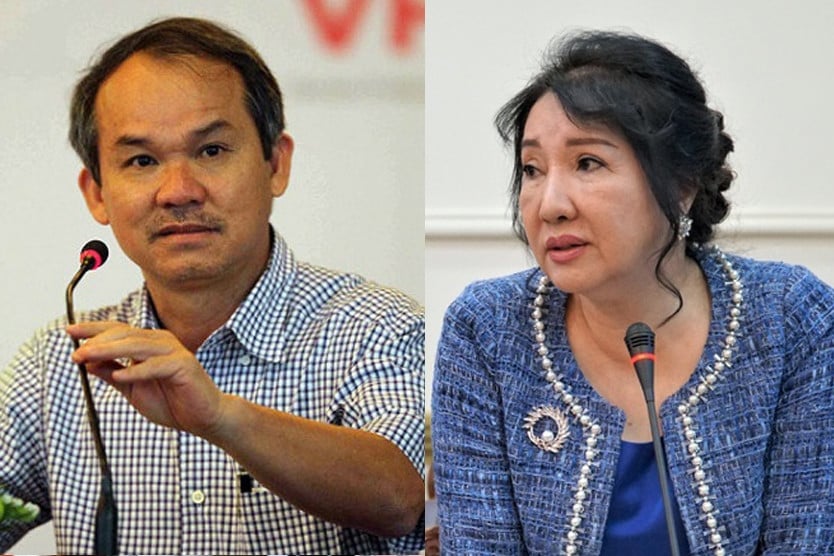
Source



![[Photo] Da Nang: Shock forces protect people's lives and property from natural disasters](https://vphoto.vietnam.vn/thumb/1200x675/vietnam/resource/IMAGE/2025/10/22/1761145662726_ndo_tr_z7144555003331-7912dd3d47479764c3df11043a705f22-3095-jpg.webp)
![[Photo] Award Ceremony of the Political Contest on Protecting the Party's Ideological Foundation](https://vphoto.vietnam.vn/thumb/1200x675/vietnam/resource/IMAGE/2025/10/22/1761151665557_giaia-jpg.webp)

![[Photo] Prime Minister Pham Minh Chinh chairs meeting on nuclear power plant construction](https://vphoto.vietnam.vn/thumb/1200x675/vietnam/resource/IMAGE/2025/10/22/1761137852450_dsc-9299-jpg.webp)



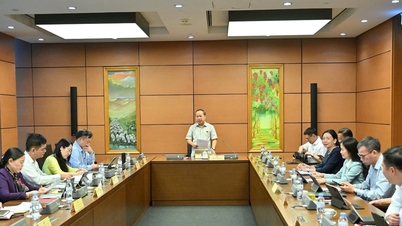





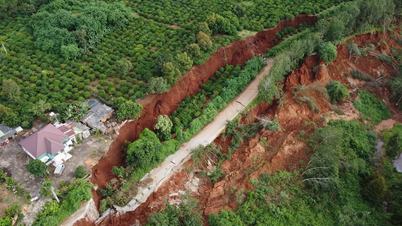


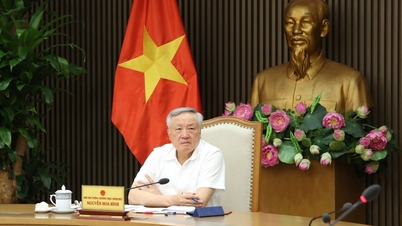



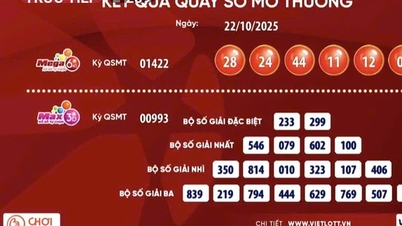













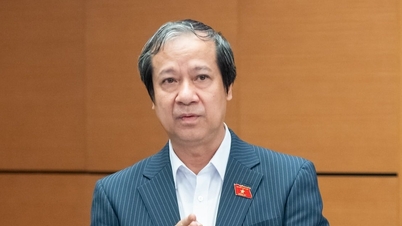




































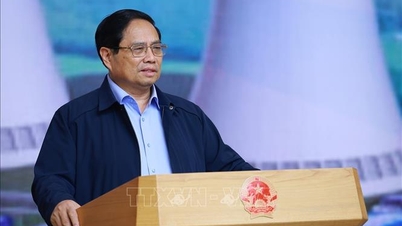

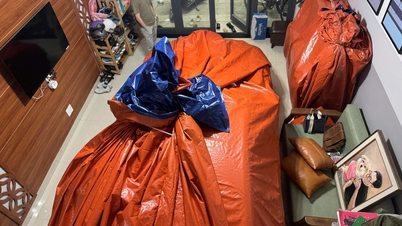


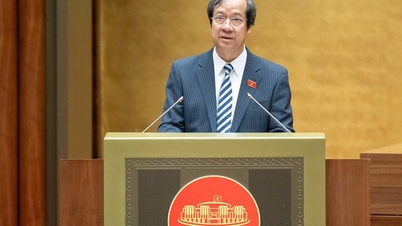




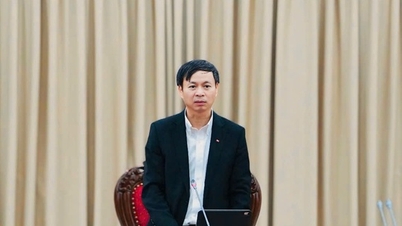

























Comment (0)